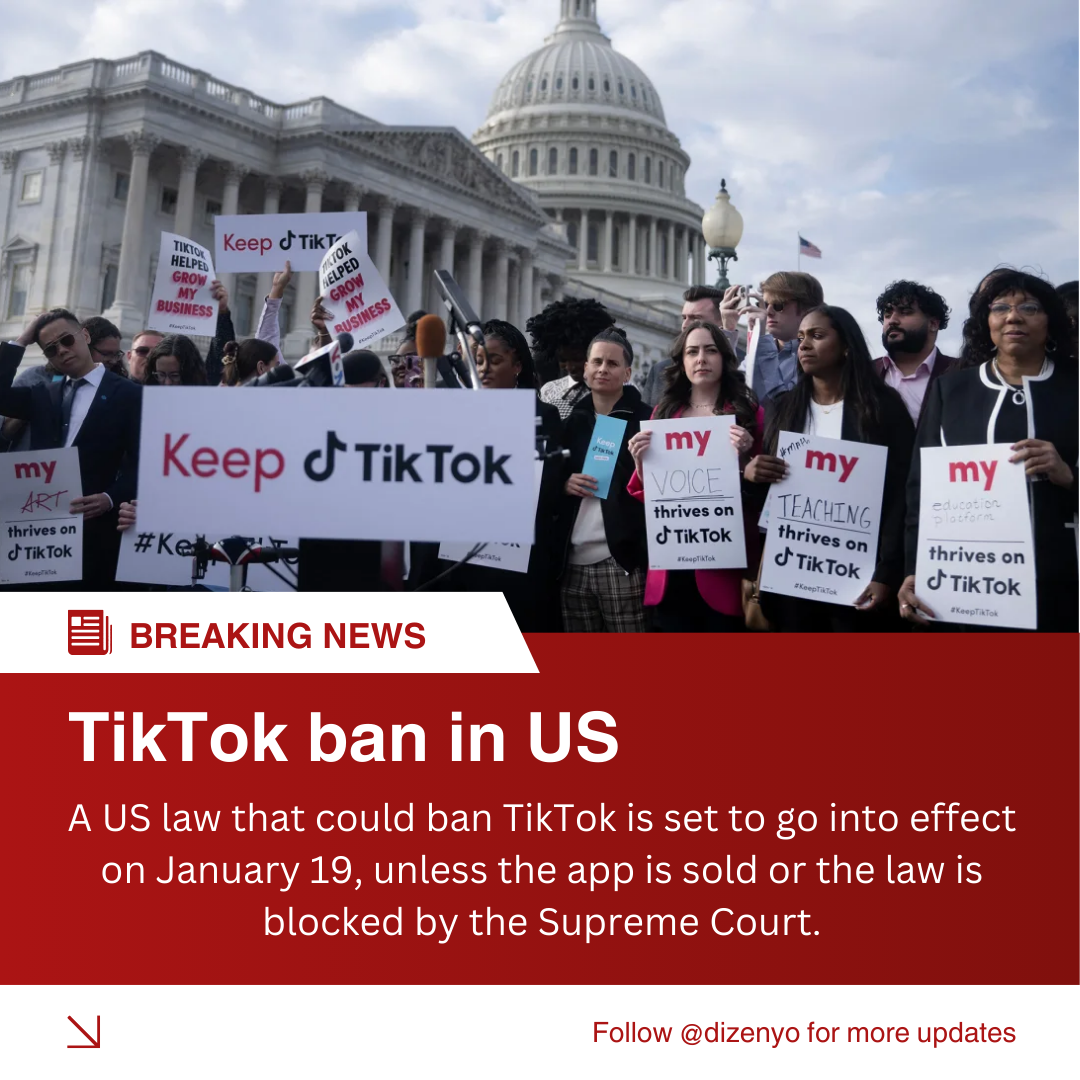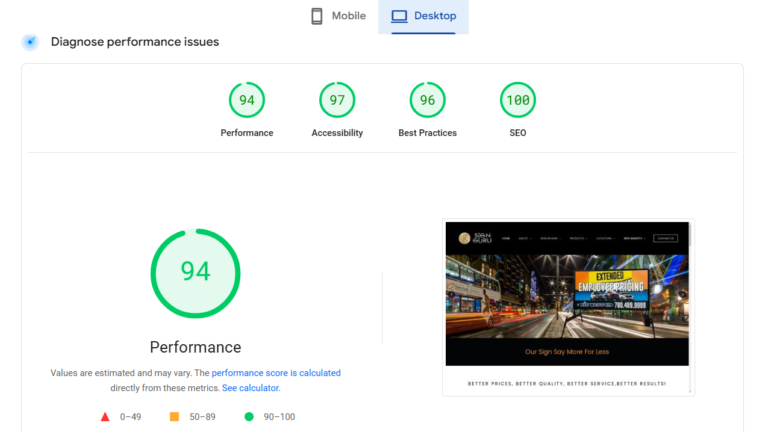In recent months, the debate over TikTok’s presence in the United States has intensified. Citing concerns about data security, national privacy, and its potential influence, legislators have pushed for bans or stricter regulations on the platform. While TikTok remains a powerful tool for content creators, influencers, and businesses, these developments highlight the fragility of relying solely on third-party platforms to reach your audience.
The State of TikTok in the U.S.
TikTok has faced scrutiny from U.S. lawmakers for years due to its parent company, ByteDance, based in China. Critics argue that the app poses a risk of sharing sensitive user data with the Chinese government. In late 2023, several states banned TikTok on government-issued devices, and discussions of a nationwide ban have gained traction.
For creators and businesses, the implications are massive. TikTok’s algorithm has helped countless individuals go viral and build audiences quickly, but the uncertainty surrounding its future in the U.S. serves as a wake-up call. Depending solely on one platform can put your brand or livelihood at risk if that platform becomes inaccessible.
Lessons from the TikTok Ban
- Platform Dependency Is Risky: The TikTok ban discussion is a reminder of the risks associated with building your brand entirely on third-party platforms. Algorithms change, platforms can be banned or shut down, and terms of service may evolve in ways that harm creators and businesses.
- Control Over Your Content: Platforms like TikTok, Instagram, and YouTube may own partial rights to your content or limit how it’s distributed. Without direct access to your audience, your reach and revenue are at the mercy of these platforms.
- Audience Fragmentation: Shifts in platform popularity or availability can scatter your audience. Having a central, permanent hub ensures you can always reconnect with your followers.
Why You Need Your Own Website
Owning a website is one of the most powerful ways to safeguard your brand and maintain control over your content and audience. Here’s why:
- Ownership and Control: A website is your digital home. You control the content, layout, and user experience. Unlike social media platforms, no one can take your website away or restrict your access to your audience.
- Direct Communication: Through your website, you can build an email list or engage with visitors directly via blog posts, newsletters, or exclusive offers. These tools help you establish a deeper connection with your audience.
- Search Engine Visibility: A well-designed website can improve your discoverability through search engines. Unlike social media posts, which can fade quickly, your website content has lasting value and reach.
- Brand Consistency: A website allows you to present your brand in a consistent and professional way. You can showcase your portfolio, share your story, and even sell products or services directly.
- Monetization Opportunities: From e-commerce stores to subscription-based content, your website can serve as a platform to monetize your skills and expertise without relying on third-party platforms’ terms and fees.
Taking Action
The uncertainty around TikTok’s future in the U.S. is a reminder of how quickly the digital landscape can change. While platforms like TikTok can be valuable tools, your ultimate goal should be to build a sustainable and independent digital presence. Owning a website ensures that your brand is resilient and adaptable to changes in the online ecosystem.
If you’ve been relying solely on social media, now is the time to take action. Start by creating a simple website that highlights your content, products, or services. Focus on collecting emails, sharing valuable content, and directing your social media followers to your site. By doing so, you’ll build a foundation that can weather changes in the digital world—whether TikTok is here to stay or not.



